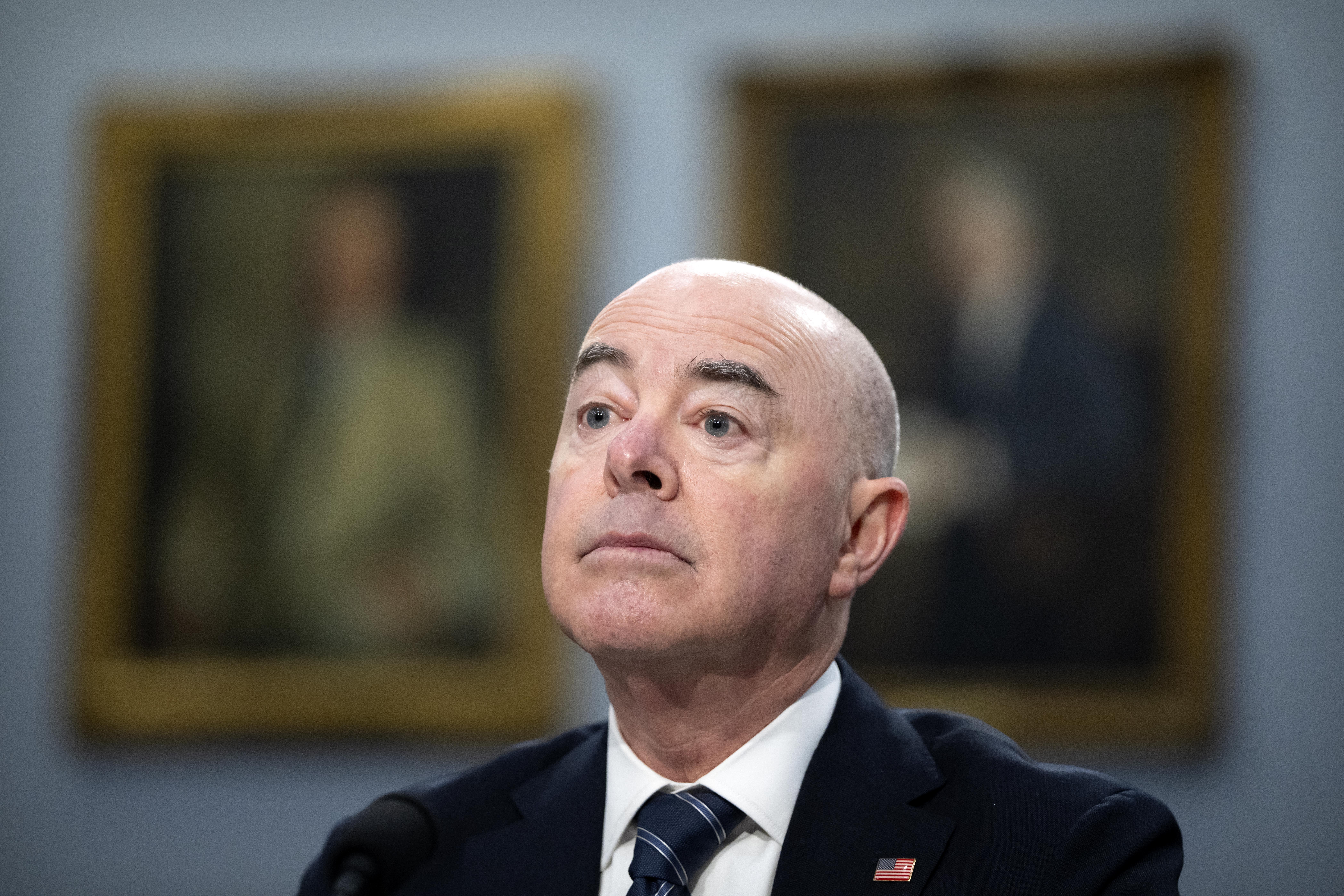House Republicans on Wednesday abruptly canceled a committee vote on a plan to help Puerto Rico deal with its $70 billion debt in the face of conservative opposition.
A vote on the bill establishing a control board had been scheduled for Thursday with a sense of urgency, as Puerto Rico faces a deadline for a multimillion-dollar bond payment next month. The government has said it will likely default, which would mark the first time Puerto Rico would default on general obligation bonds protected by the island's constitution.
A spokeswoman for the House Natural Resources Committee said Thursday's meeting has been canceled and has not been rescheduled.
Committee Chairman Rob Bishop, R-Utah, said there was still uncertainty in both parties and the administration was still pushing for changes.
"It is unfair to all members to force a vote with provisions still being negotiated," Bishop said in a statement.
Obama administration officials warned at a hearing Wednesday that the island is facing total financial collapse if Congress doesn't step in. Republicans agree on the urgency of the matter, but have faced opposition from within their own caucus and from Democrats.
Democrats worried that the control board would be too powerful, prompting echoes of colonialism.
U.S. & World
News from around the country and around the globe
Legislation released by the panel this week would create a control board and allow the board to facilitate some court-ordered debt restructuring, though it does not give the island the broad bankruptcy authority that territorial officials had sought.
Gov. Alejandro Garcia Padilla has warned that a debt restructuring measure needs to be approved soon as the deadline for a $422 million bond payment looms in May.
Some conservative Republicans had objected to the debt restructuring, saying it's a bad precedent. In an attempt to satisfy those lawmakers, the most recent draft of the bill would give creditors more of a say on debt plans, allowing them a preliminary vote on whether they wanted to voluntarily restructure debt.
But it was not enough. At Wednesday's hearing, several Republicans on the panel expressed concern about the debt restructuring, making the outcome of Thursday's committee vote unclear.
"I believe we're going down a slippery slope here," said Rep. Jeff Duncan, R-S.C.
Rep. John Fleming, R-La., also opposed the bill, and said Bishop had tried to encourage members to easily pass it in committee or leave the room when the vote occurred.
"To be asked to walk away — to be told to miss a vote — is a request that flies in the face of every member's conscience. Leadership had no business making such a request," said Fleming, who vowed to defeat the legislation.
The committee did not respond to Fleming's statement.
The House Republican Study Committee, a group of around 170 conservatives, had expressed concerns about the debt restructuring provisions. Texas Rep. Bill Flores, the group's leader, said members were encouraged by a new draft this week made some concessions to the island's creditors, but the group still had not endorsed the bill.
At the hearing, Treasury Department official Antonio Weiss said prompt action was needed because Puerto Rico is in distress. But he said the administration is concerned that allowing creditors to vote on debt restructuring could delay the process.
Later Wednesday, White House Press Secretary Josh Earnest said the administration is confident a solution can be reached, but added that the creditors "are almost by definition rich and powerful people who have a clear financial interest in getting a deal that reflects their financial interest and not the interest of the 3.5 million people living in Puerto Rico."
Earnest added, "Overcoming that dynamic is something that will be challenging for Congress to do."
The newest version of the bill would increase the size of the control board from five to seven seats, with the two added members picked by the minority party in the House and Senate — a clear enticement to Democrats who have opposed the bill. House Democratic leader Nancy Pelosi of California said still more work needs to be done "to improve the makeup and scope of the board."
Speaker Paul Ryan, R-Wis., endorsed the legislation and tried to encourage his colleagues to sign on.
"Congress has a constitutional and financial responsibility to bring order to the chaos that is unfolding in the U.S. territory — chaos that could soon wreak havoc on the American bond market," Ryan said.
Puerto Rico has been mired in economic stagnation for a decade. The financial problems worsened as a result of setbacks in the wider U.S. economy, and government spending in Puerto Rico continued unchecked as borrowing covered increasing deficits.
Associated Press writer Danica Coto in San Juan, Puerto Rico, contributed to this report.



